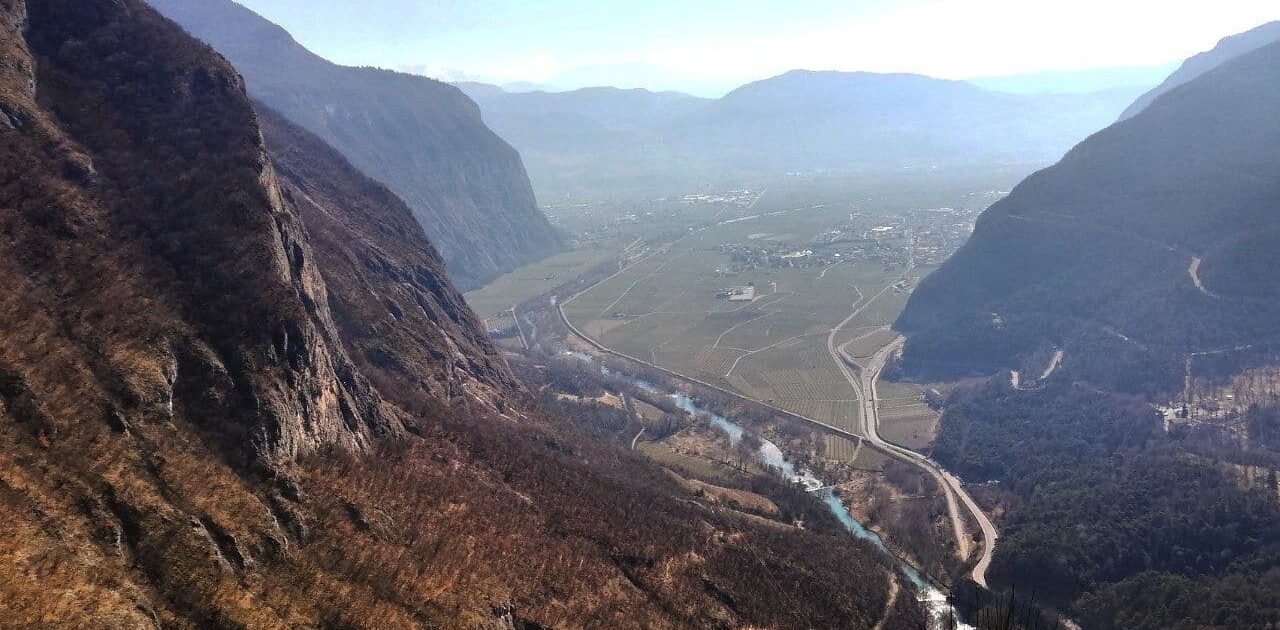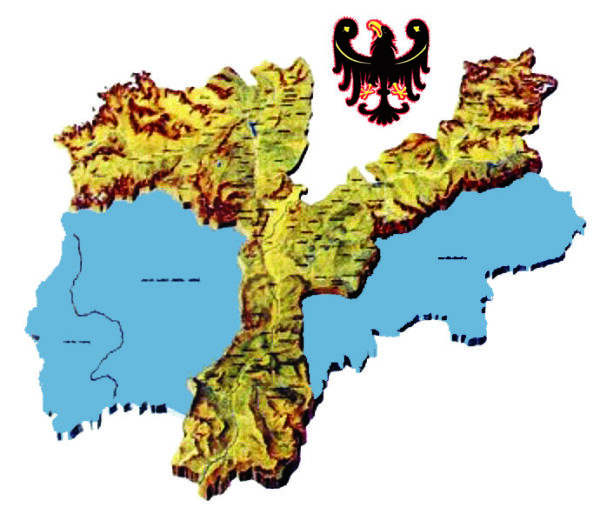September 14, 2021
A vineyard or an apple orchard in Trentino is not just a land of lot to exploit for food production or the livelihood and profits of farmers. Vineyards and apple orchards are actually AGROECOSYSTEMS, which means “anthropized ecosystems that, while aimed at the production of energy or biomass for economic purposes, include a biocenosis and a certain degree of biodiversity”. Forgetting that these spaces should not evolve into purely agroindustrial areas is a serious degradation of our perception of an agroecosystem identity and functionality.
The objection that agriculture must only think about the harvest and the economic viability of the farm business, and that protecting the landscape or preserving the biodiversity is a task of protected areas, is a clear evidence of a dramatically selfish view of the world and a total lack of the importance of the common good. This way of thinking and therefore of acting sacrifices thousands of animal and plant species that do not live in the habitats included in the present protected areas and threatens the health of the local community. Contaminating the agroecosystem abiotic factors affects the quality of the underlying soil, the purity of surface and groundwater, the health of the air above and, consequently, the health and quality of life of local citizens.
Just as any citizen must not contaminate or degrade a common good, be it a city square, a playground or a wooded area of public domain, also farmers and farm cooperatives have an ethical and legal obligation not to damage the environmental elements of the community. Otherwise, the “polluter pays” principle applies and should be enforced.
The establishment of a provincial organic district is a true chance to incentive the abandonment of the degradation of environmental elements by Trentino’s farming sector. While I remain skeptical that the 40 % quorum required by the referendum norms will actually be met, I am convinced that voting on September 26 in favor of the district will increase the relevance of environmental protection in many provincial economic sectors. It will also put pressure on farm cooperatives. Even though the farming sector is deeply consolidated and inclined towards extra-provincial and national markets, it will not be able to escape the public opinion of thousands of local citizens, including members of local banks and credit institutions, who are often strongly connected to the administrative and accounting offices of cooperatives.

Fig. 1: vineyards and apple orchards surrounded by steep tree-covered mountain slopes in Piana Rotaliana (Trento, Italy). River banks are among the few places in the Adige valley that agro-industrial farming could not occupy. At the bottom, the “Rocchetta” Natura 2000 site stretches along the Noce river (Author, March 2021).
This article is part of the project “Environmental Blogging Boost 4 Students”, aimed at increasing the spread of agroecology and sustainable water management in Trentino. The project is financed by the BIM Adige Water Catchments Consortium (grant approved by provision n. 100 of June 06, 2021).




